ECONOMY
Dr Manmohan Singh – India’s 14th prime minister & architect of economic reforms – no more
- IBJ Bureau
- Dec 27, 2024
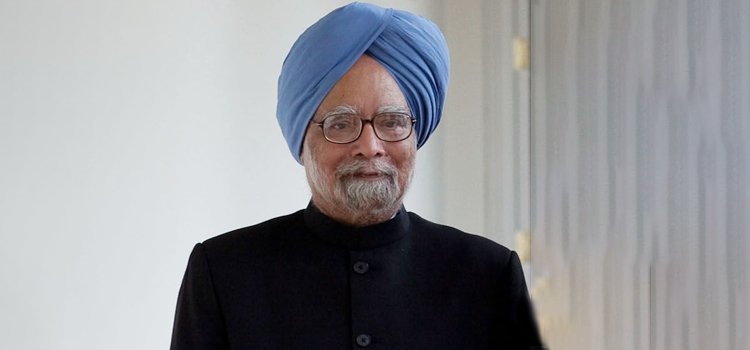
Former Prime Minister Dr Manmohan Singh died on Thursday. He was 92. Dr Singh was admitted to the emergency ward of Delhi’s All India Institute of Medical Sciences (AIIMS) at around 8 pm. Dr Singh is survived by his wife Gurcharan Singh and three daughters.
“With profound grief, we inform the demise of the former Prime Minister of India, Dr Manmohan Singh, aged 92. He was being treated for age-related medical conditions and had a sudden loss of consciousness at home on December 26, 2024,” said a statement from AIIMS.
Dr Singh had served as prime minister of India from 2004 to 2014. In April, the veteran Congress leader had retired from the Rajya Sabha after a 33-year stint in the Upper House.
Dr Singh, who was finance minister under then Prime Minister P V Narasimha Rao, was the architect and brainchild of economic reforms in 1991. The reforms pulled India from the brink of bankruptcy and ushered in an era of economic liberalisation that is widely believed to have changed the course of India’s economic trajectory.
Dr Singh had served as prime minister for two consecutive terms from 2004 to 2014. He first assumed office after the Congress secured victory in the 2004 Lok Sabha elections against Atal Bihari Vajpayee-led NDA. Following his second term from 2009 to 2014, he was succeeded by Prime Minister Narendra Modi.
Dr Singh, India’s 14th prime minister, is renowned for his intellect, scholarly nature, dedication to work, accessibility and modest personality.
Born on September 26, 1932, in Punjab (then part of undivided India in today’s Pakistan), he completed his matriculation from Panjab University in 1948 and earned a first class honours in economics from Cambridge in 1957, followed by a DPhil from Oxford in 1962.
In 1971, he began his government career as economic adviser in the Commerce Ministry, later serving as chief economic adviser (1972), finance secretary, deputy chairman of the Planning Commission, RBI governor, prime minister’s adviser and UGC chairman.
As finance minister from 1991 to 1996, he had introduced landmark economic reforms that transformed India’s economy, making him globally recognised as a reformist leader.

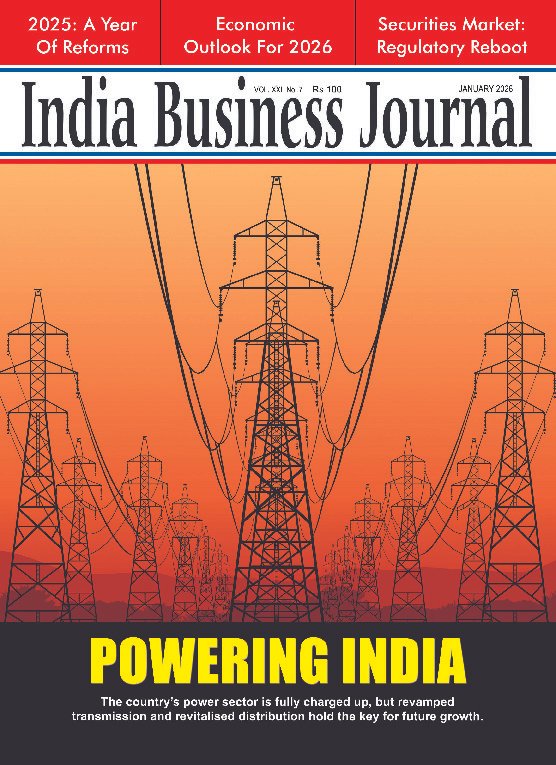

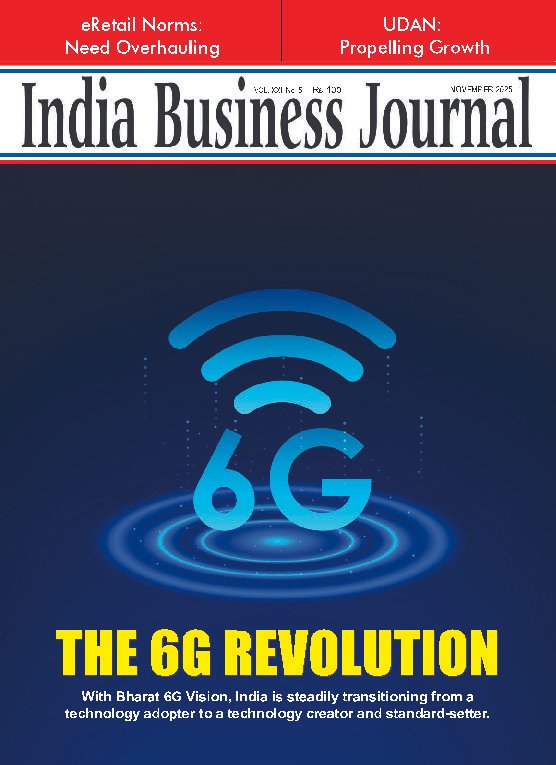

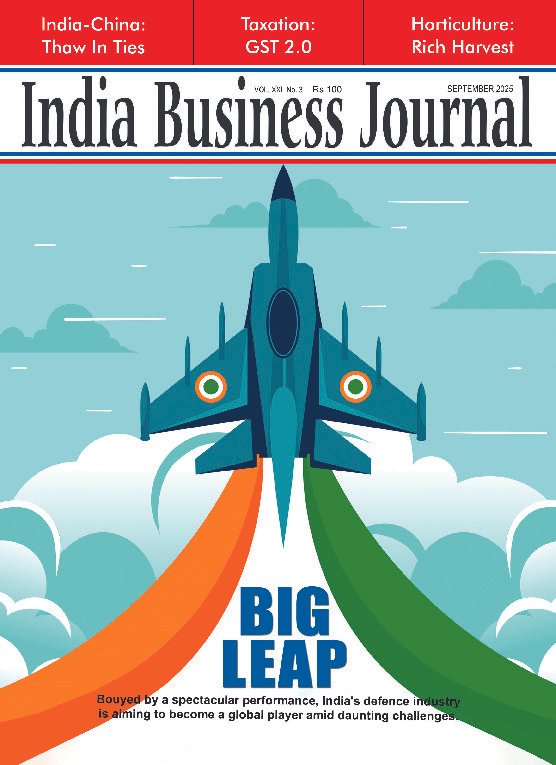





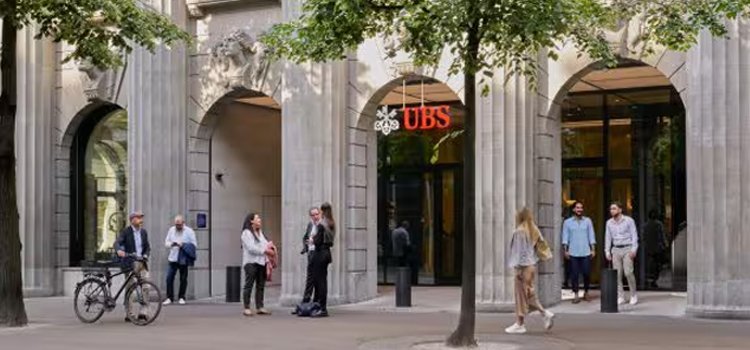

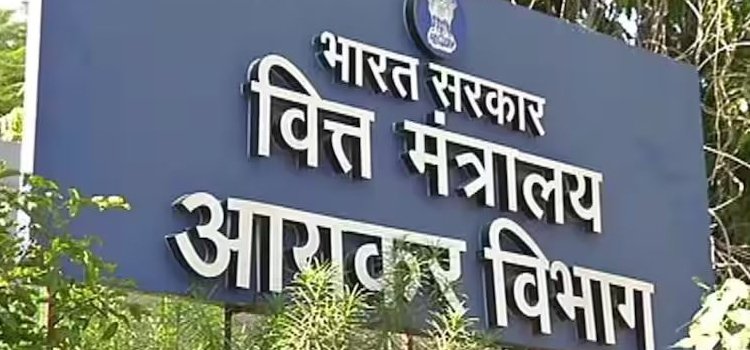
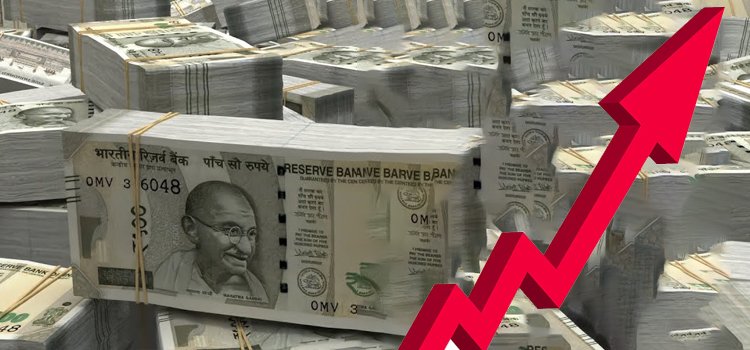
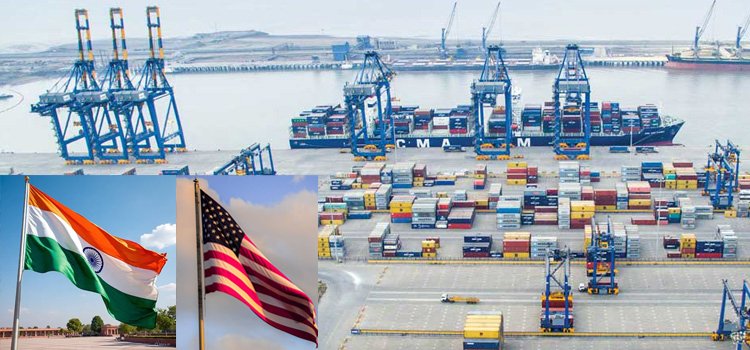





Report By
View Reporter News